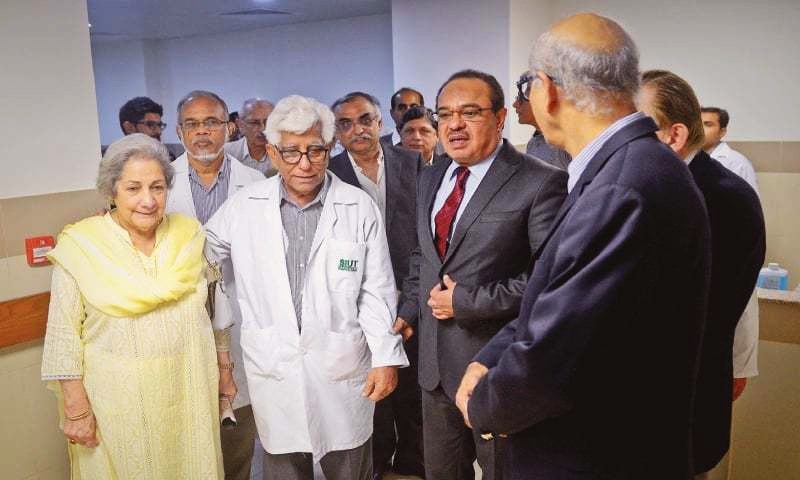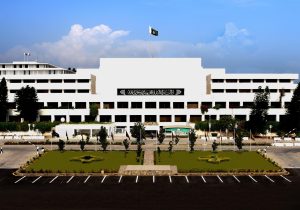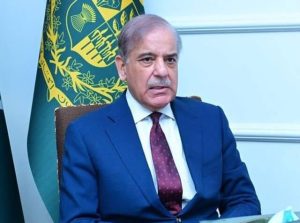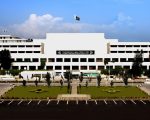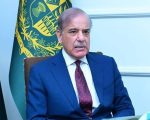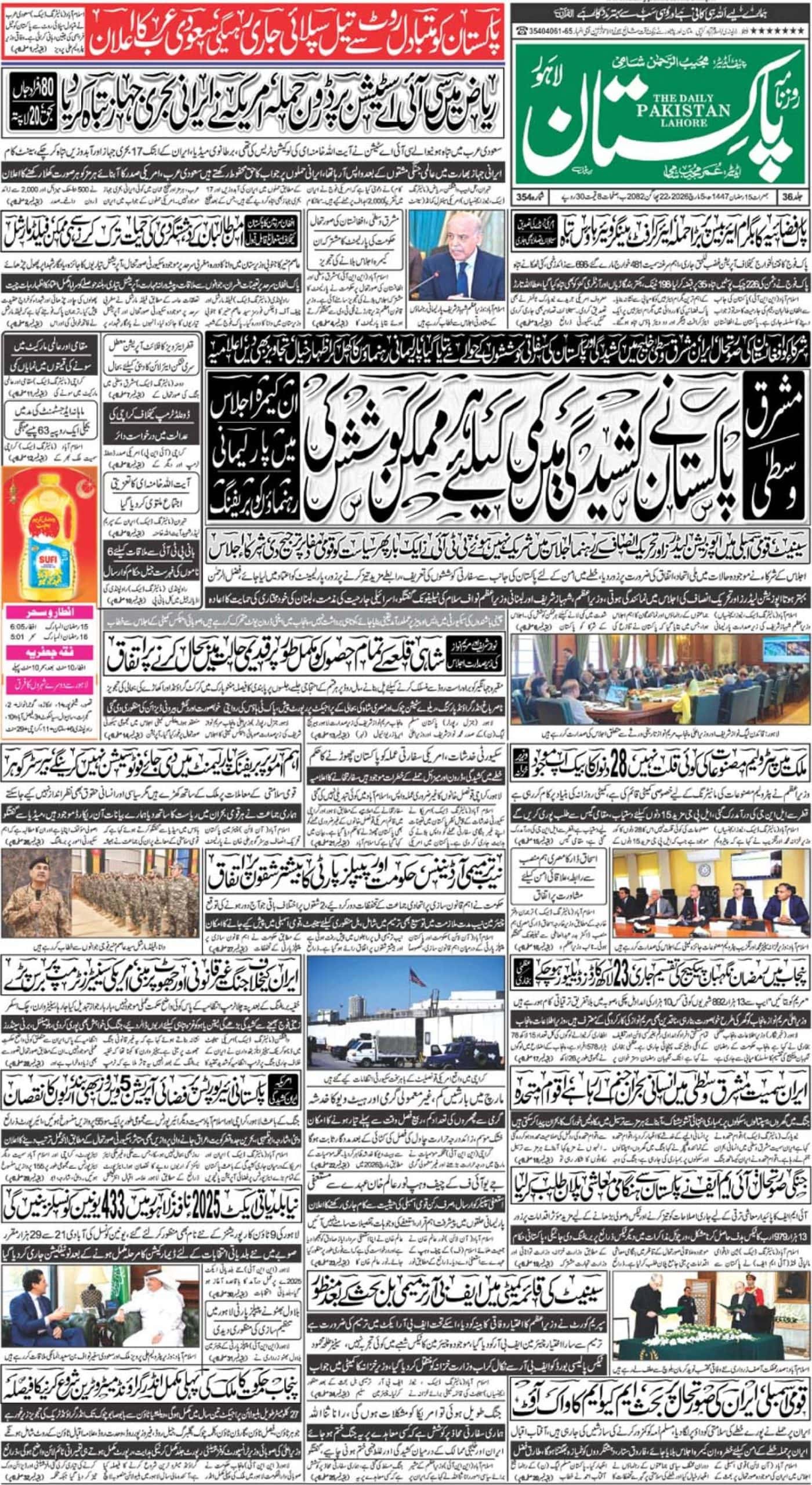KARACHI -The country’s first dedicated transplant centre established at the Sindh Institute of Urology and Transplantation (SIUT) was inaugurated on Wednesday.
Named after Suleman Dawood, the centre has been completed at a total construction cost of around 1.5 billion rupees. The 14-storey facility has all transplant-related services under one roof.
While speaking at the inaugural ceremony, Prof Faisal Shaheen said, “I congratulate Dr. Adib Rizvi and his team for building such an excellent transplant facility here. We support the SIUT in all its endeavours.”

Prof Faisal Shaheen’s address also touched upon organ donation, a very controversial procedure in Pakistan. He provided information regarding various aspects of deceased organs donation in his home country, Saudi Arabia, and abroad. He said it had been successfully carried out in his home country and plans were being made to expand the activity by building more facilities and creating awareness on the subject.
According to Prof Saheen, brain deaths in Saudi Arabia were regularly reported and the staff of the transplant center was deputed at health facilities to record such deaths. There was no opposition to the procedure in his home country since there was a fatwa favoring organ donation.
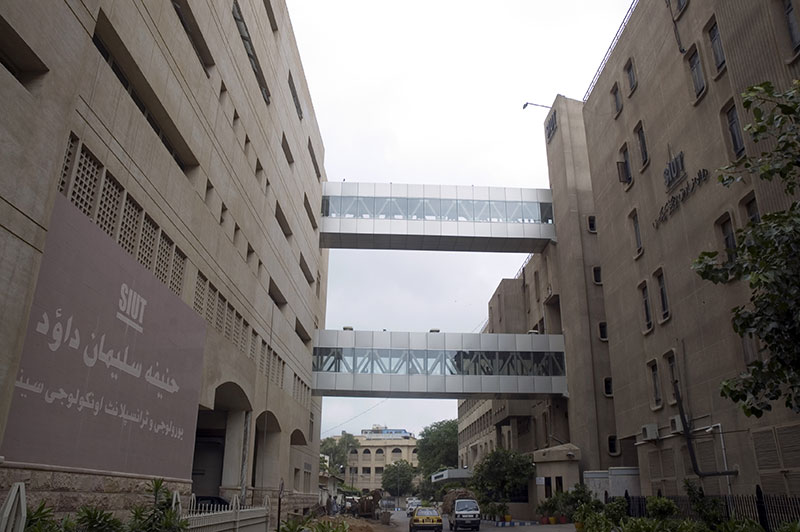
Seasoned journalist and member of the SIUT board of governors Zubeida Mustafa thanked the Sulman Dawood family on behalf of the faculty, staff and trustees of SIUT, saying that other segments of society should emulate their example in order to make health facilities more accessible. “The family’s generous donation is, in fact, a confidence in the SIUT team,” she added.
She also appreciated the missionary zeal of Dr Rizvi who had achieved a milestone in the medical and healthcare history of Pakistan by establishing the SIUT and the transplant facility.
In his brief address, Dr Rizvi thanked Suleman Dawood’s family for their financial assistance to the SIUT especially in setting up the new facility, a 100-station dialysis unit and full-fledged oncology ward. The family was fully aware of the prevailing health crisis in the country and had always helped the institution whenever it looked for support, he said.

